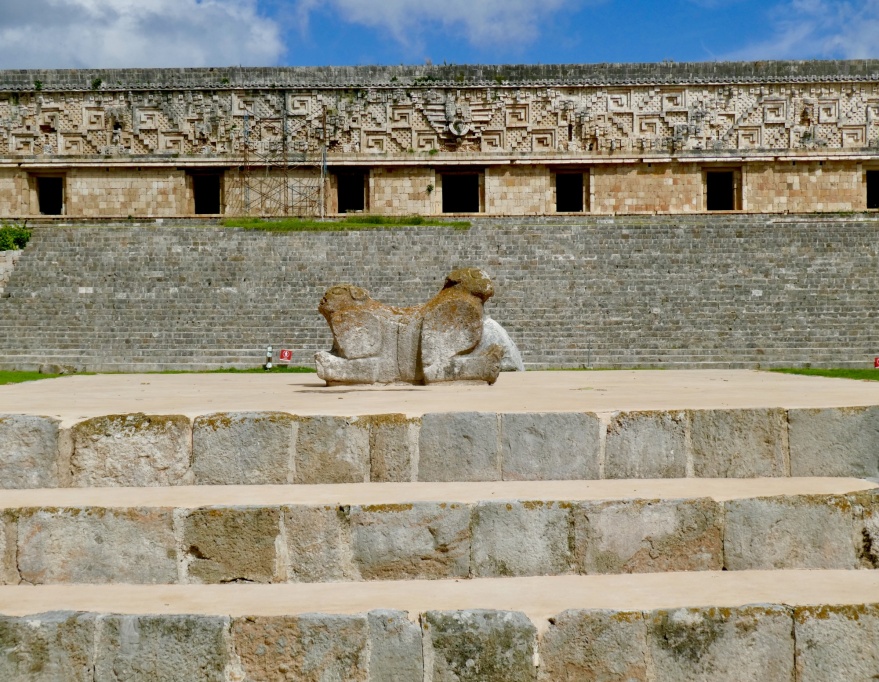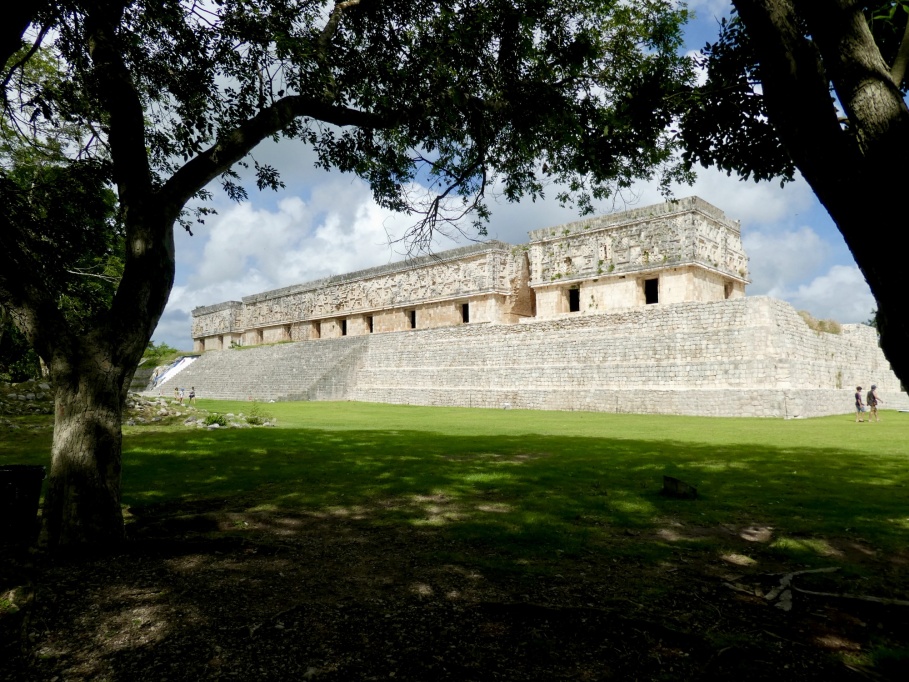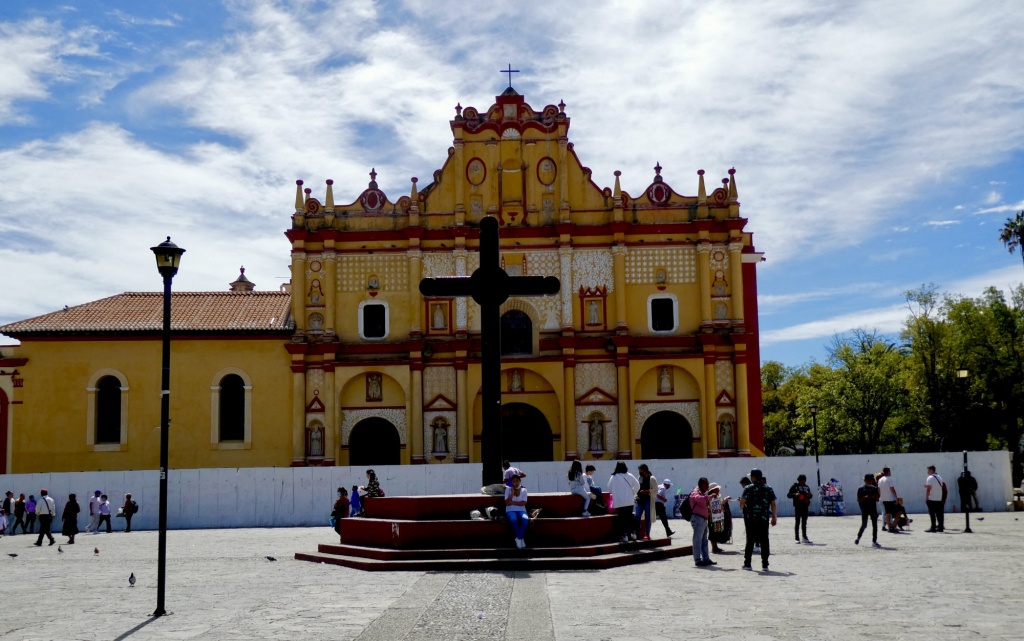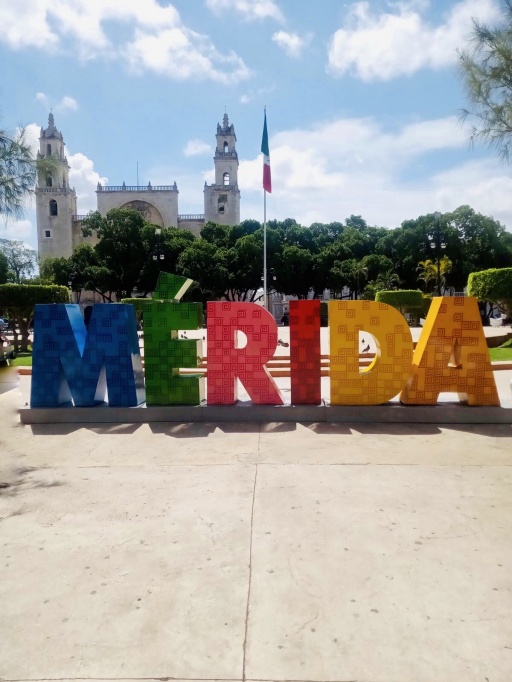Uxmal Mexico Travel Guide A Vagabond Life
Welcome to the Uxmal, Mexico Travel Guide! Nestled in the heart of the Yucatán Peninsula, Uxmal is an enchanting destination that offers a captivating journey into the ancient Mayan world. Known for its well-preserved ruins and stunning architecture, Uxmal stands as a testament to the grandeur of the Maya civilization and provides a rich historical experience for visitors.
Uxmal, which means “three times built” in the Mayan language, was one of the major cities of the Maya civilization during the Classic Period. Established around the 7th century AD, Uxmal flourished as a significant cultural and political center. The city is renowned for its unique Puuc architectural style, characterized by intricate stone mosaics and decorative facades. Among the most notable structures in Uxmal are the Pyramid of the Magician, the Governor’s Palace, and the Nunnery Quadrangle, each showcasing the sophistication and artistry of Maya construction.
The Uxmal, Mexico Travel Guide will take you through the city’s remarkable ruins, offering insights into its historical significance and architectural innovations. The Pyramid of the Magician, with its unusual elliptical shape, stands as a central highlight, surrounded by other impressive structures that reflect the city’s complex history and cultural achievements.
Exploring Uxmal offers not only a glimpse into ancient Maya civilization but also a chance to enjoy the stunning landscapes of the Yucatán Peninsula. Whether you’re drawn by the historical intrigue or the architectural splendor, this Uxmal, Mexico Travel Guide will help you navigate the site’s treasures and make the most of your visit to one of Mexico’s most fascinating archaeological gems.
Uxmal Mexico Map
Getting To Uxmal Mexico
By Air
The closest major airport to Uxmal is Manuel Crescencio Rejón International Airport (MID) in Mérida, Yucatán. This airport offers regular flights from Mexico City, Cancún, and other major cities in Mexico. From Mérida, Uxmal is approximately 80 kilometers (50 miles) away, making it easily accessible for travelers arriving by air.
By Car
Upon arriving at Mérida Airport, the most convenient way to reach Uxmal is by car. The drive takes about 1.5 hours via Highway 261, which leads directly to the archaeological site. Car rental services are available at the airport, allowing for a flexible and scenic journey through the Yucatán Peninsula. Alternatively, many visitors opt for a private transfer or a guided tour that includes transportation.
By Bus
For those preferring public transportation, buses from Mérida to Uxmal are available and offer a cost-effective option. Buses typically depart from the Mérida bus terminal and take approximately 1.5 to 2 hours to reach Uxmal. Several bus companies operate this route, providing different levels of comfort and service.
By Tour
Another popular option is to join an organized tour from Mérida or Cancún. These tours often include transportation, a guide, and sometimes additional stops at nearby attractions. This can be a convenient way to explore Uxmal while benefiting from expert insights and a structured itinerary.
Overall, reaching Uxmal is straightforward with several travel options to suit different preferences, whether you choose to drive, take a bus, or join a guided tour.
Things To See & Do Uxmal Mexico Travel Guide
Uxmal Mexico Map - Uxmal Mexico Travel Guide
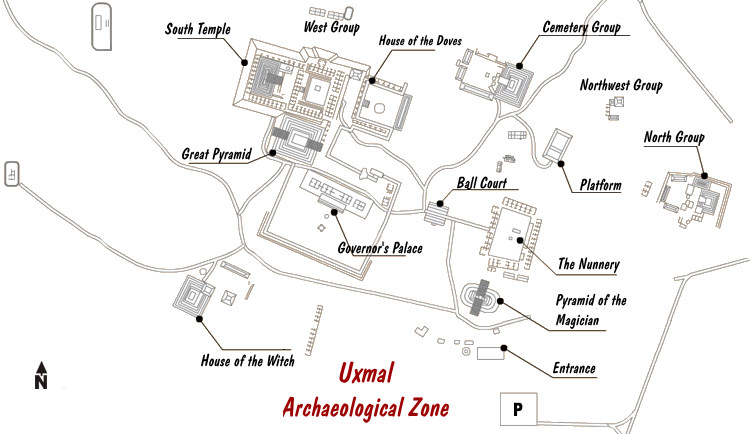
Buildings of Uxmal - Uxmal Mexico Travel Guide
Pyramid of the Magician Uxmal
The Pyramid of the Magician in Uxmal stands as a striking symbol of ancient Mayan ingenuity and spirituality. Its distinctive elliptical shape and steep incline evoke a sense of wonder, while intricate carvings adorn its façade, showcasing the artistic sophistication of Mayan craftsmanship. According to legend, the pyramid’s construction was attributed to a dwarf born of a virgin in a single night, adding to its mythical allure. Surrounded by lush jungle, the pyramid offers a captivating glimpse into the rich cultural heritage of the Mayan civilization, inviting visitors to marvel at its grandeur and explore the mysteries of Uxmal’s ancient past.
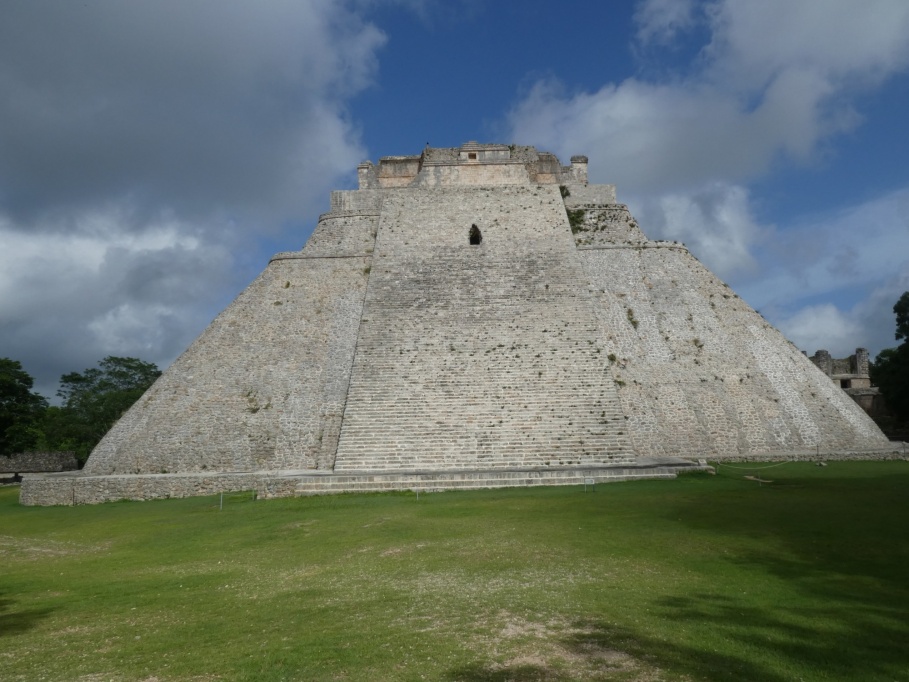
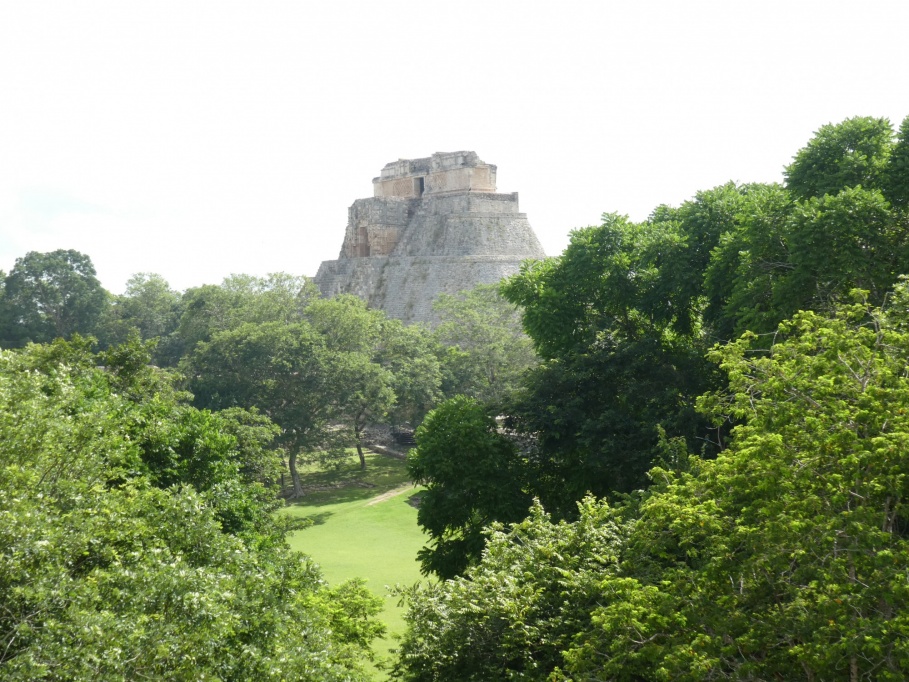
Nunnery Quadrangle Uxmal
The Nunnery Quadrangle, or the Cuadrángulo de las Monjas, in Uxmal is a remarkable architectural complex showcasing the Mayan civilization’s advanced engineering and artistic prowess. Comprising four grand buildings arranged around a central courtyard, the quadrangle is a prime example of Puuc-style architecture, characterized by intricate stone mosaics, geometric patterns, and decorative friezes depicting Mayan deities and mythological creatures. Despite its name, the structure likely served as a palace or administrative center rather than a convent. Its imposing scale and intricate detailing offer insight into the political and religious significance of Uxmal during the height of the Mayan civilization, captivating visitors with its historical and cultural significance.
Grand Temple Uxmal
The Grand Pyramid, also known as the Great Pyramid, at Uxmal stands as a monumental testament to the architectural genius and astronomical precision of the Maya civilization. Though not as famous as the Pyramid of the Magician, this structure is significant for its massive size and the role it played in ceremonies and daily life. The Grand Pyramid’s tiers and terraces offer insights into the complex societal and religious structures that governed Mayan life. Visitors to Uxmal are drawn to this grandiose edifice, reflecting on the ingenuity of its builders and the enduring mystery of its incomplete top, which stirs the imagination about its original purpose and significance in the ancient city’s skyline.
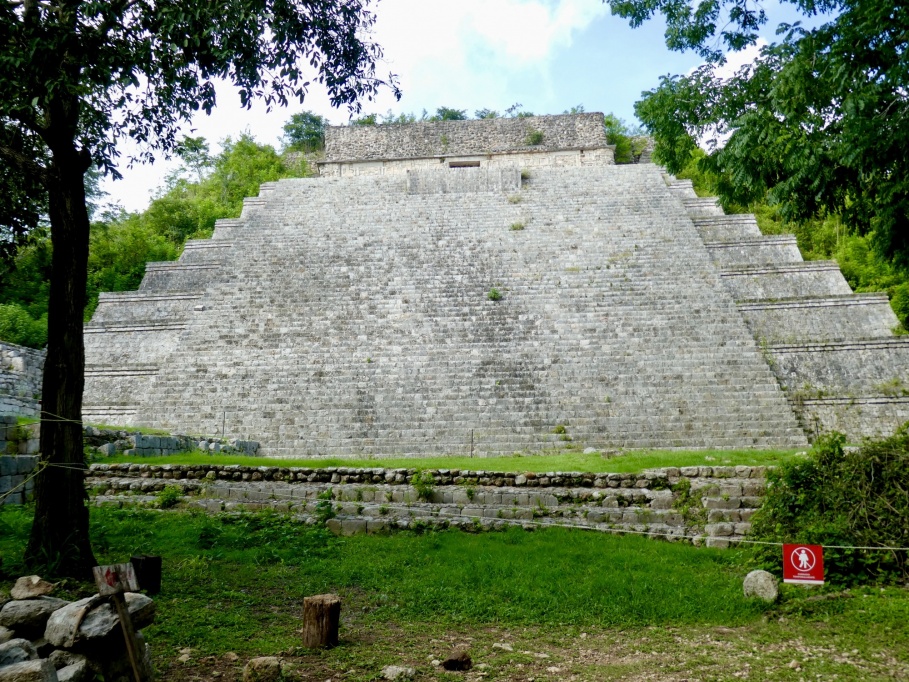
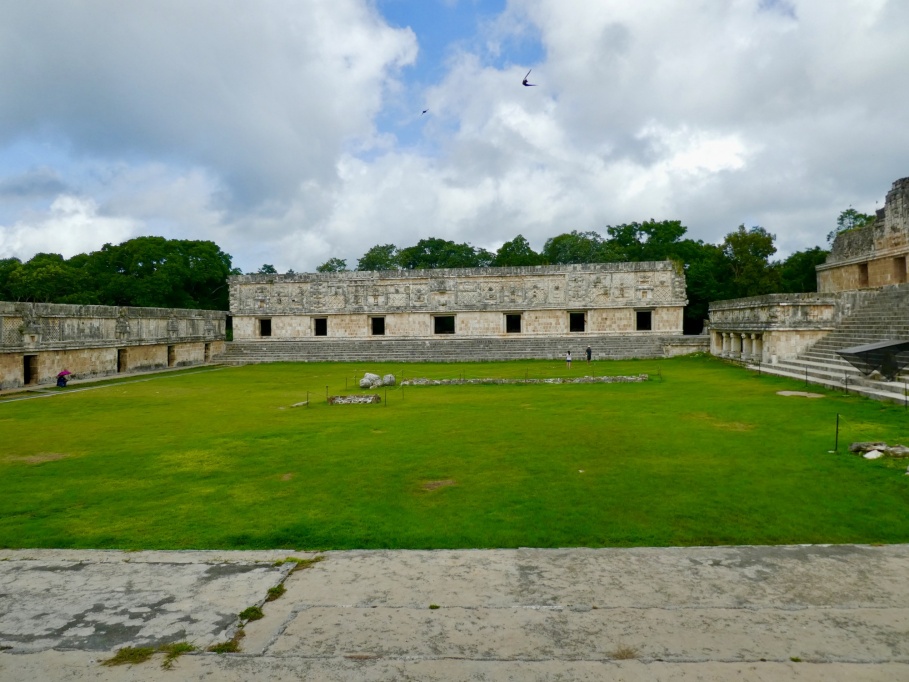
Ball Court Uxmal
The Ball Court in Uxmal is an imposing structure that highlights the significance of the Mesoamerican ballgame in Mayan society. This ancient sporting arena, marked by its elongated shape and sloping walls, served as a venue for ritualistic ballgames, symbolic of cosmic battles and religious ceremonies. The court’s acoustics and architectural features suggest it was designed for ceremonial purposes, with spectators and participants gathering to witness the sacred contests. As one of the largest ball courts in Mesoamerica, its grandeur and historical importance offer a window into the cultural and spiritual practices of the ancient Mayan civilization, captivating visitors with its architectural magnificence and cultural significance.
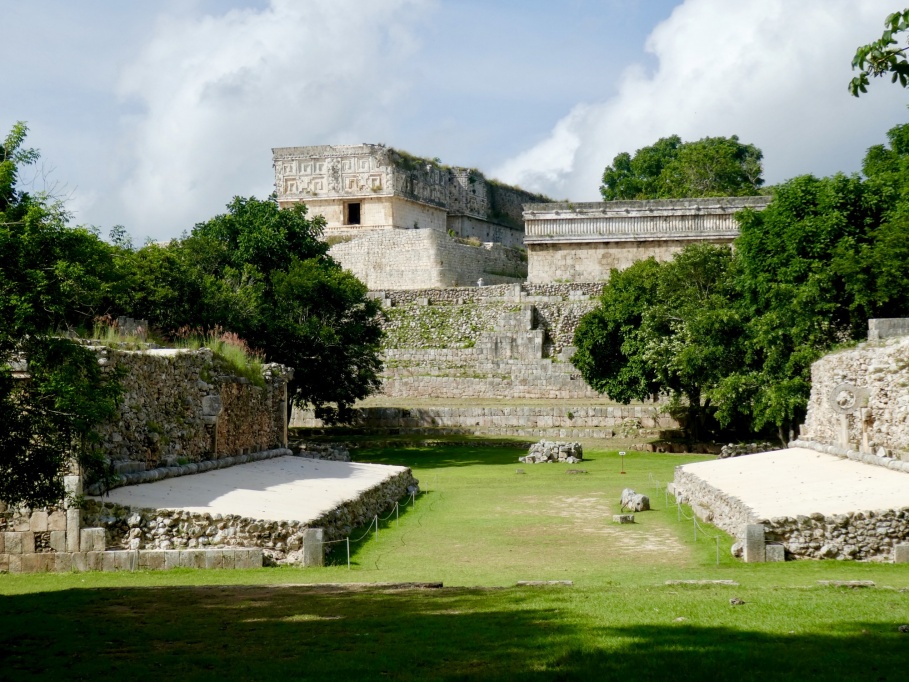
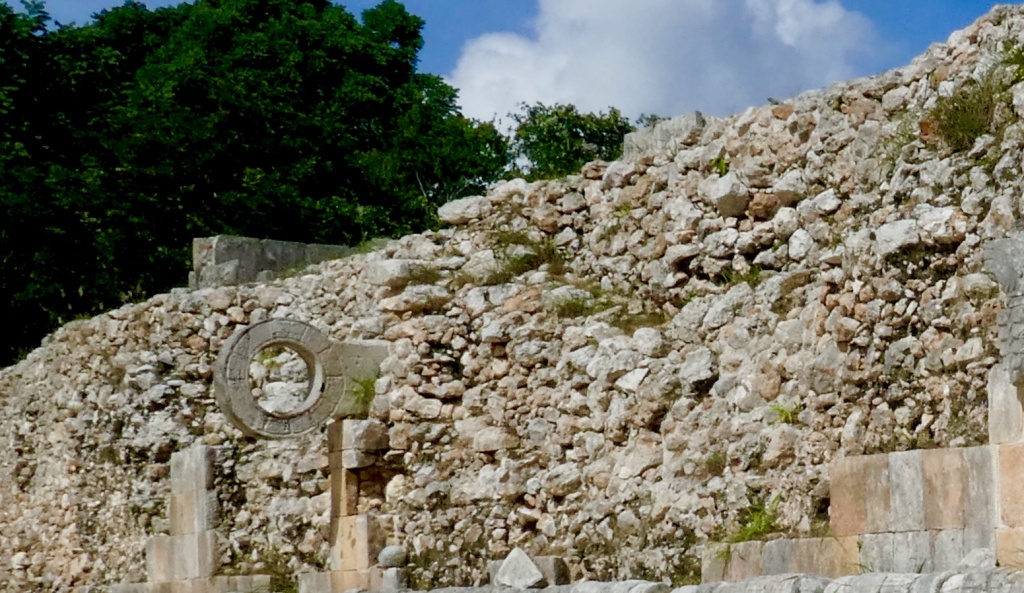
House of Doves Uxmal
The House of Doves, or the “Casa de las Palomas” in Uxmal, is an exquisite example of Puuc architecture, named for the unique, dove-tail shaped decorations that adorn its upper façade, reminiscent of a flock of doves perched along the roofline. This elegant structure captivates visitors with its intricate lattice work and geometric patterns, showcasing the artistic sophistication and architectural innovation of the Maya civilization. Thought to have served a ceremonial or residential purpose, the House of Doves stands as a testament to the peaceful coexistence of human ingenuity with the natural world, embodying the serene and mystical atmosphere that envelops the ancient ruins of Uxmal.
Casas de las Tortugas Uxmal
The Quadrangle of the Turtles, or “Cuadrángulo de las Tortugas,” in Uxmal is a smaller but no less significant architectural marvel within this ancient Mayan city. Named for the delicately carved turtle motifs that adorn its upper friezes, this quadrangle reflects the Mayans’ deep reverence for nature and their belief in the turtle as a symbol of rain and fertility. Situated near the Nunnery Quadrangle, this serene courtyard is enclosed by buildings that exhibit classic Puuc style architecture, with intricate stone mosaics and precise geometric designs. The presence of turtles, creatures known for their longevity and stability, highlights the Mayans’ sophisticated understanding of the natural world and their desire to harmonize with it, making the Quadrangle of the Turtles a poignant reminder of the civilization’s rich cultural and spiritual life.
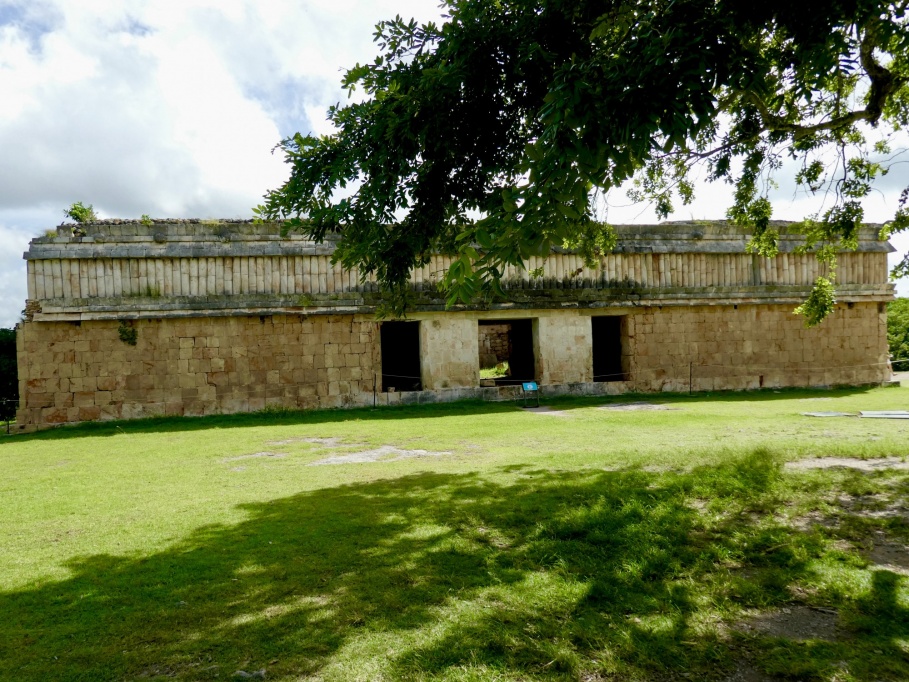
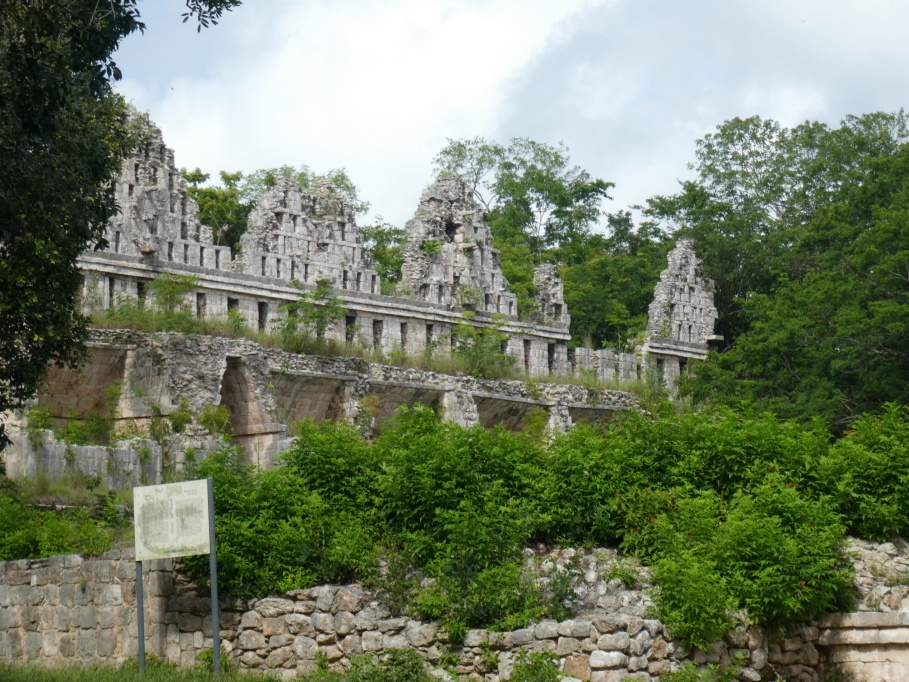
Governors Palace Uxmal
The Governor’s Palace in Uxmal stands as a majestic testament to the grandeur and sophistication of ancient Mayan architecture. This expansive complex, believed to have served as the residence of Uxmal’s ruling elite, showcases intricate stone carvings, ornate facades, and spacious courtyards. Its impressive size and strategic location within the city suggest it played a pivotal role in governance, ceremonies, and societal functions. Visitors are captivated by the palace’s intricate details, including depictions of Mayan gods, rulers, and mythological scenes, offering a glimpse into the cultural and political significance of Uxmal during its zenith as a thriving urban center in the Maya world.
Throne of the Jaguar Uxmal
The Throne of the Jaguar, or “Trono del Jaguar,” in Uxmal is a remarkable architectural masterpiece that symbolizes the power and authority of ancient Mayan rulers. Carved from limestone, this throne features intricate reliefs depicting a jaguar, a revered symbol of strength and royalty in Mayan culture, along with other mythological motifs. Positioned atop a platform within the Governor’s Palace, the Throne of the Jaguar is believed to have served as a ceremonial seat for rulers during important rituals and gatherings. Its exquisite craftsmanship and symbolic significance offer a fascinating glimpse into the religious and political ideologies of the ancient Maya civilization, captivating visitors with its timeless allure.
